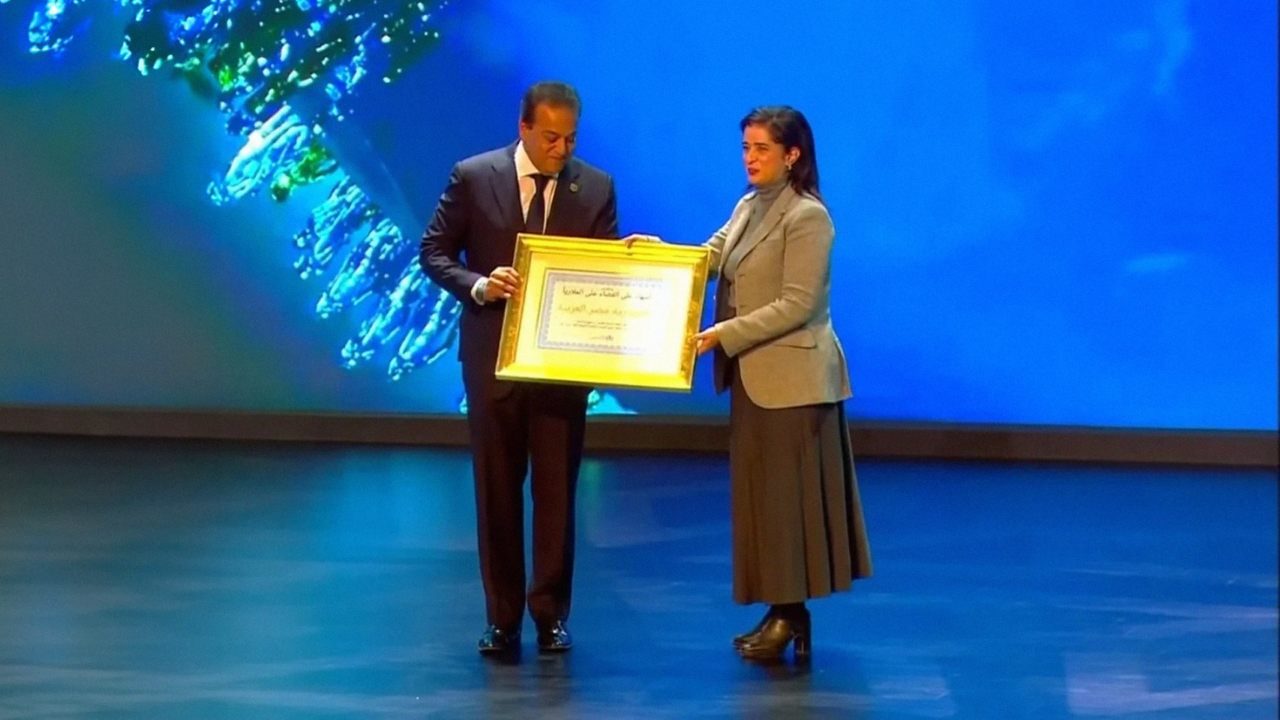The World Health Organization (WHO) has officially declared Egypt malaria-free, marking the culmination of a century-long effort by the North African nation to eradicate the disease.
Egypt’s landmark achievement places it among the select group of African countries that have successfully eliminated malaria, becoming the fifth to receive this encouraging certification.
The accomplishment is particularly significant given the country’s population of over 100 million people. The eradication of malaria from such a large and diverse nation is a testament to the resilience of Egypt’s public health authorities, medical professionals, and international partners.
Egypt’s fight against malaria began in the early 20th century, when the disease was rampant across the country, claiming thousands of lives annually. The country’s marshlands and Nile River valley provided ideal breeding grounds for the Anopheles mosquito, which transmits the malaria parasite.
Over the decades, Egypt launched several initiatives to combat the spread of malaria, utilizing both public health campaigns and medical advancements.
Throughout the past century, the Egyptian government worked to implement widespread mosquito control measures, improve sanitation, and distribute insecticide-treated bed nets to vulnerable populations.
A strong emphasis was placed on early diagnosis, treatment, and education in rural communities where malaria had been most prevalent. The collaborative efforts of national agencies, global health organizations, and non-governmental bodies contributed to the continual reduction of malaria cases over the years.
Egypt’s success in eliminating malaria positions it alongside Algeria, Morocco, Mauritius and Cabo Verde; other African nations that have previously been declared malaria-free by the WHO.
The certification is awarded to countries that have reported zero indigenous malaria cases for at least three consecutive years, alongside demonstrating the capacity to prevent malaria transmission in the future.
WHO Director-General Dr. Tedros Adhanom Ghebreyesus commended Egypt for its determination and resilience in the face of malaria. ‘Malaria is as old as Egyptian civilization itself, but the disease that plagued pharaohs now belongs to its history and not its future.’
The country’s achievement comes at a time when the global community has intensified efforts to eliminate malaria in other parts of the world too. According to WHO, Africa still bears the highest burden of malaria, however, with approximately 95% of global cases occurring on the continent. It’s hoped Egypt’s success could serve as a model for other nations striving to eliminate the disease.
While Egypt has now been certified as malaria-free, WHO officials have emphasized the importance of continued vigilance to ensure that it does not return, especially in an era of climate change and increased global travel, which could impact the transmission of mosquito-borne diseases.
For over 100 years, the country has battled one of humanity’s deadliest plights, and now, with WHO’s official recognition, it stands as a beacon of hope for the rest of Africa and beyond.

















